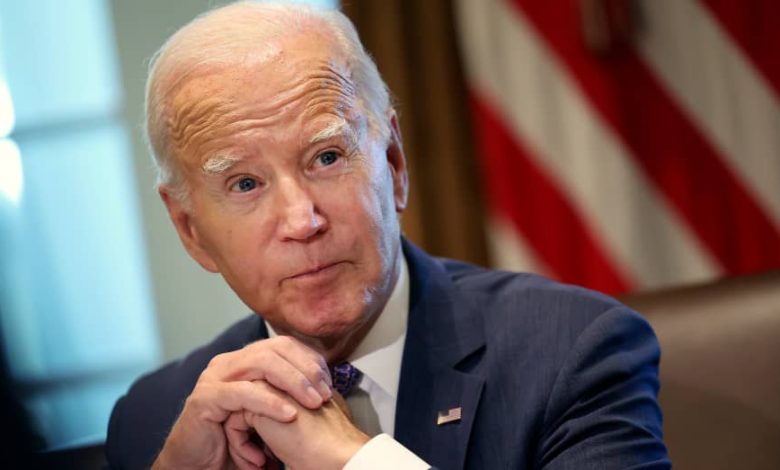Biden Administration Urges Schools to Stock Naloxone, the Lifesaving Opioid Overdose Treatment

In a significant move, the Biden administration is encouraging schools across the United States to have naloxone readily available, a critical measure to prevent fatal drug overdoses in students.
Naloxone, often known as Narcan, was granted over-the-counter (OTC) status earlier this year, particularly in nasal spray form.
In a joint letter to educators, Dr. Rahul Gupta, Director of the White House Office of Drug Control Policy, and Miguel Cardona, Secretary of Education, stressed the importance of faculty and students being prepared to use naloxone to assist others in the event of a drug overdose.
Gupta and Cardona wrote, “We want to share resources that could help your school and community prevent drug use before it begins and keep students alive long enough to get the help they need in the event of an overdose or poisoning.”
The maker of OTC Narcan, Emergent BioSolutions, has committed to reducing the price of a two-dose carton of naloxone to $41 for various entities, including community groups, first responders, harm reduction groups, and state and local governments, as reported by CNN. Gupta underscored the importance of making naloxone as accessible as a smoke alarm or defibrillator, emphasizing that it’s not just about safeguarding oneself but also about potentially saving a neighbor, family member, friend, or a colleague at work or school.
Recent data published in JAMA Pediatrics has highlighted a grim reality: over the past two decades, more than 5,000 children and teenagers have lost their lives to drug overdoses involving fentanyl. What’s particularly concerning is that over half of these deaths occurred within the first two years of the COVID-19 pandemic.
In 2021 alone, approximately 1,500 children and teens lost their lives to fentanyl, marking a staggering 30-fold increase compared to 2013 when opioid-related deaths in the United States began to rise. Notably, most pediatric deaths attributed to fentanyl are among 15- to 19-year-olds.
The joint letter from Gupta and Cardona emphasized the ease with which teenagers can access dangerous substances, including opioids, through online channels, often unknowingly obtaining fentanyl-containing drugs, which can have fatal consequences.
Naloxone plays a pivotal role in reversing the life-threatening effects of opioid overdoses by restoring normal breathing patterns and blocking the impact of opioids on the brain. Its effectiveness is most pronounced when administered as soon as the signs of an overdose become evident. It should be noted that naloxone exclusively counteracts the effects of opioids and does not pose harm if mistakenly administered to someone who has not ingested opioids.
According to estimates from the U.S. National Center for Health Statistics, more than 112,000 people succumbed to drug overdoses in the United States in the 12 months ending in May, with a significant proportion of these fatalities linked to fentanyl.
Dr. Debra Houry, the CDC’s Chief Medical Officer, expressed the CDC’s unwavering commitment to building drug-free communities and collaborating with coalitions to protect the nation’s children from harmful substances. While progress has been made, more work is required to reduce overdoses and combat youth substance use.
In a bid to raise awareness about the perils of illicit drugs and reduce the stigma surrounding mental health issues, the White House hosted the Youth Substance Use Prevention Summit. Schools were highlighted as pivotal in the success of local Drug-Free Communities, working alongside parents, civic organizations, law enforcement, media, and other coalition partners. Secretary Cardona underlined the U.S. Department of Education’s dedication to assisting schools in fostering positive school cultures, implementing evidence-based drug prevention strategies, and providing staff with the necessary tools and training to intervene in drug-induced health emergencies.
Sources:
• [Joint letter to educators, U.S. Secretary of Education and Director of White House Office of Drug Policy, Oct. 30, 2023]
• [White House announcement, Oct. 30, 2023]
• [CNN, Oct. 30, 2023]





